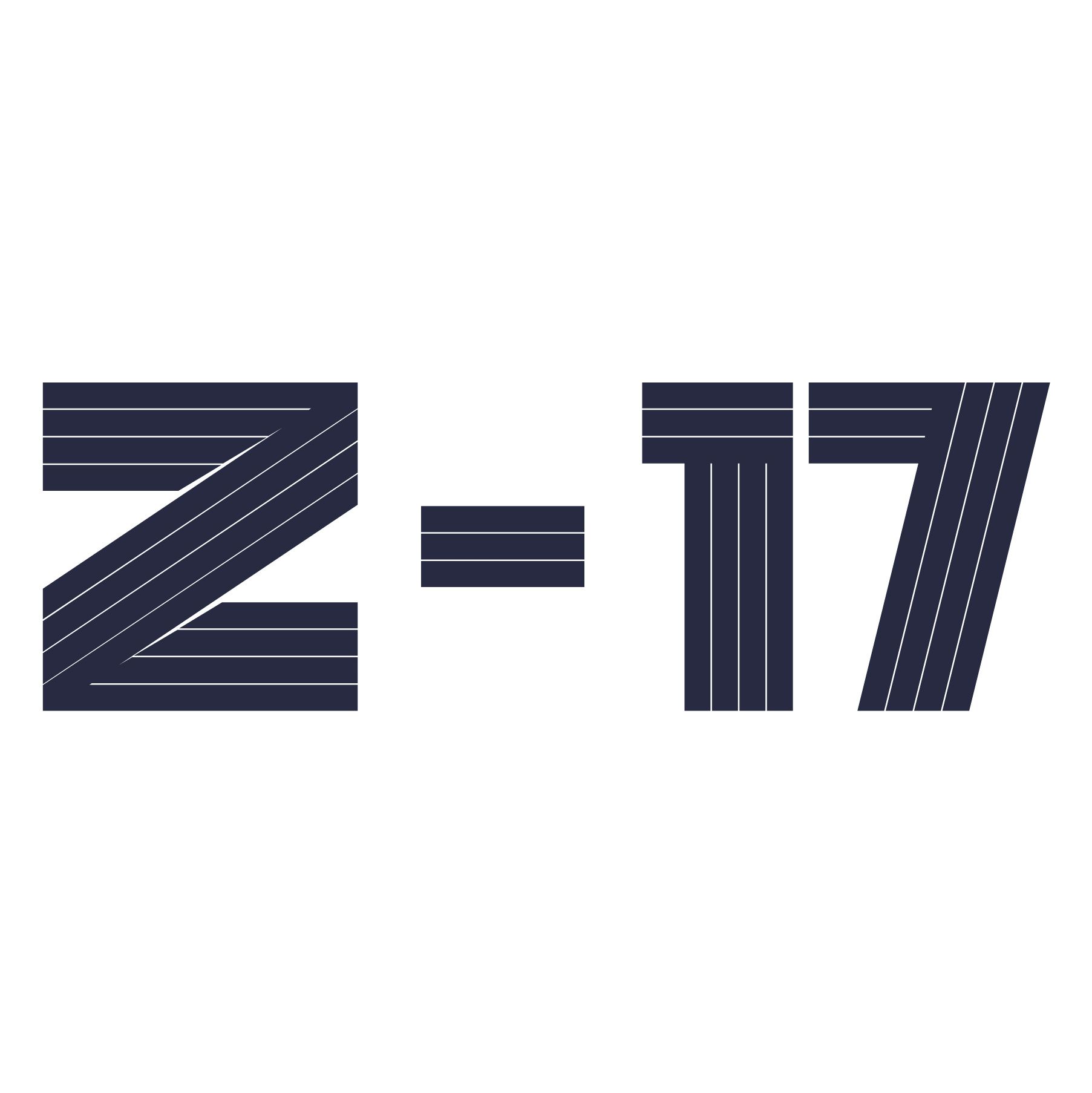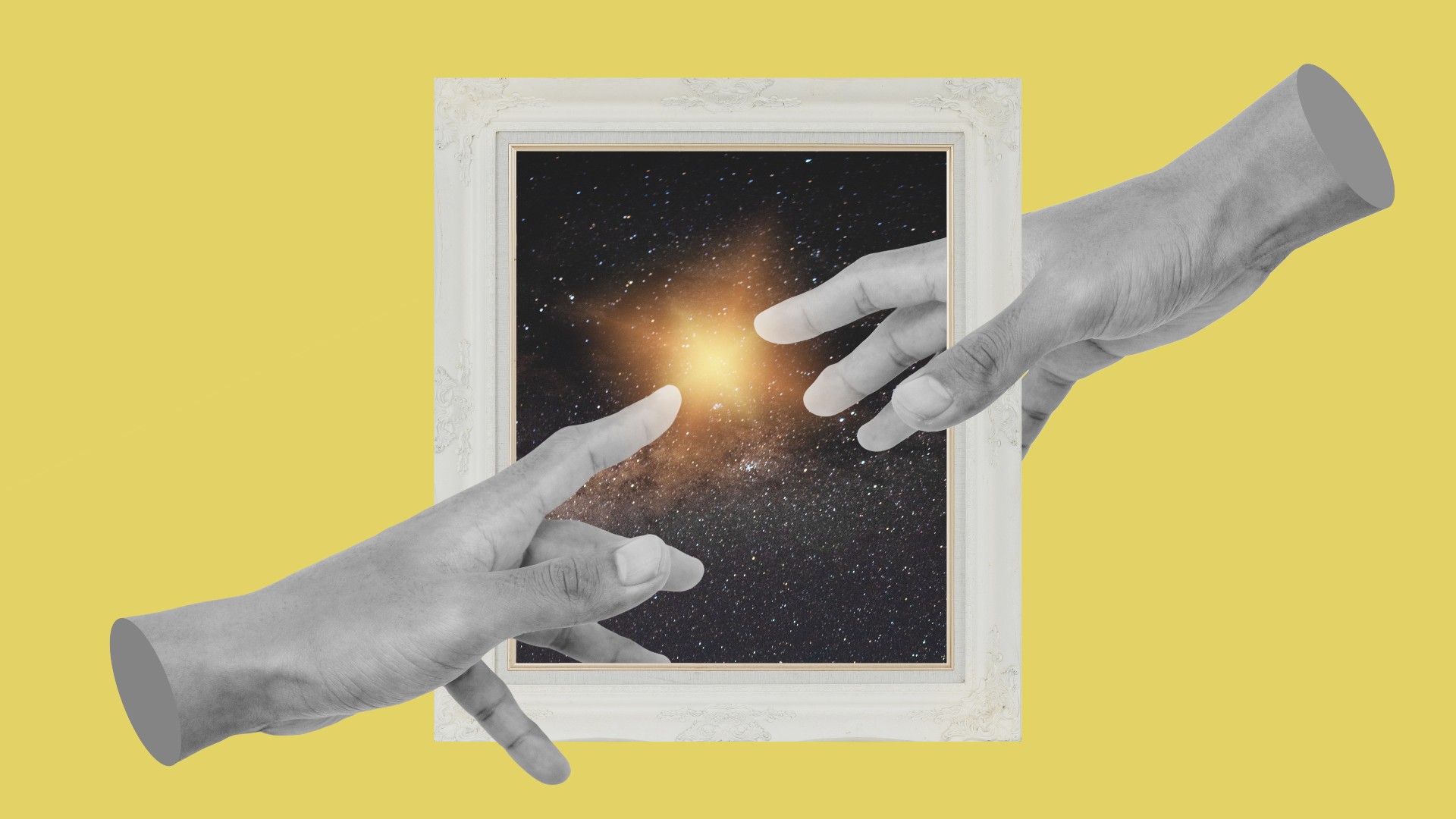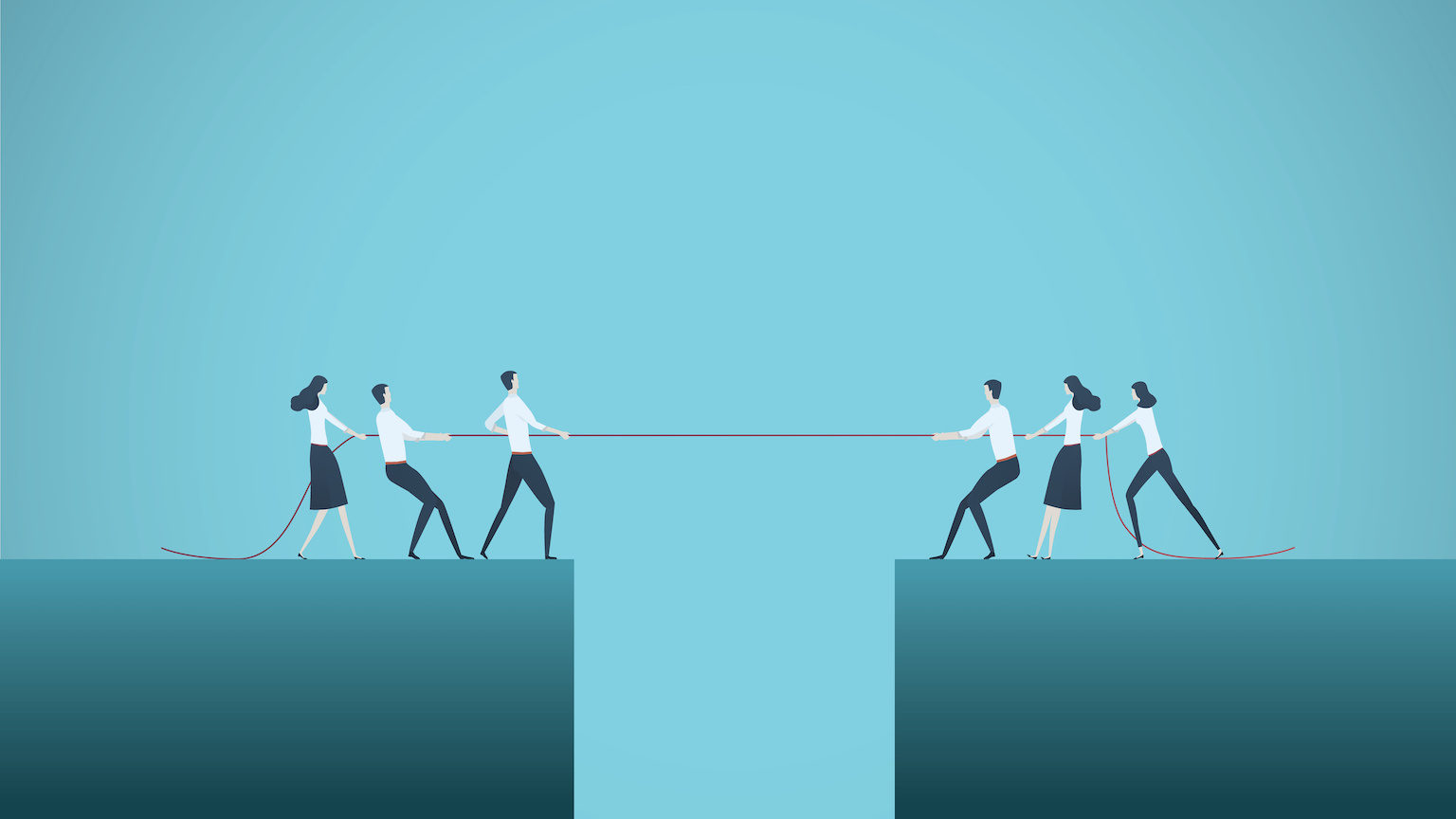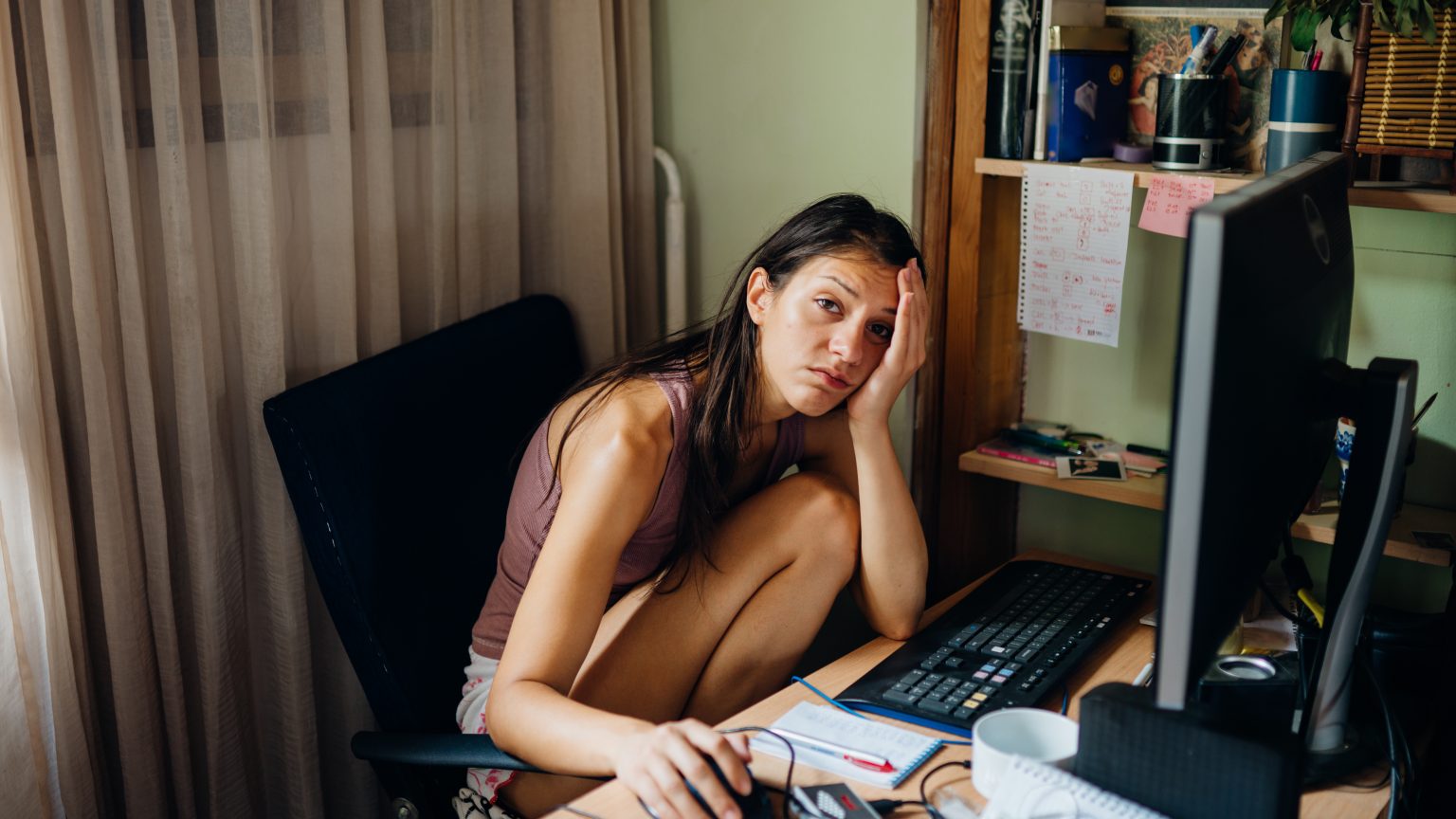JAIME CASAP: This idea of 'What do you want to be when you grow up?' I've heard people ask my five-year-old. That question made sense when I was a kid. It doesn't make sense; jobs are shifting and changing. Look what's happening with jobs today. This whole push on automation, robotics and artificial intelligence is going to re-create or redo jobs completely. We see that coming, so the question that I ask students and again, every time I talk to students, I ask them 'What problem do you want to solve. What's the problem that spins in your head?' And it doesn't have to be a social problem, like social entrepreneurship as you mentioned, It could be how to make cars go faster. It could be anything. If you watch Shark Tank every person who walks into that tank is solving a problem. Sometimes they're solving problems you didn't know you had. So they're problem solving. What is the problem that you want to solve? So that's part one.
If you don't know, what a great time to dive deep into that problem that you're interested and passionate about. How do you assess what's the problem that you're passionate about and interested in? The second question is just as important which is: How do you want to solve that problem? And that's an important question because there's a million ways to solve a problem, so if you as a student say 'I want to solve climate change', an adult, an administrator or a teacher or parent might say 'Oh, climate change. Wait. You need to study STEM. You need to go study science. You need to get a degree in global sustainable development' or whatever it be. Yes, there's multiple ways to solve the problem that way. But what if, during the—understanding how you want to solve the problem, understanding your gifts, your talents, your passions, you realize that you're an amazing photographer. You just have a way with photographing things and telling stories through pictures. Or you're an amazing writer. The way you can solve climate change is by going out and documenting climate change and photographing it or creating educational programs around climate change.
So 'How do you want to solve that problem?' is important. And if you don't know there's some more time you can spend doing that. And then the third part of that—and this is where all of this comes in, so it's a great kind of question to put all this together—which is: What do you need to know to solve that problem? What are the knowledge, skills and abilities you need to have to solve that problem and how can you start developing those knowledge, skills and abilities in both angles of this: The climate change knowledge, skills and abilities and the photography knowledge, skills and abilities? What do you need to know? What information do you need? What lessons are out there? What classes can you take? What newsletters and blogs and who's solving this problem now in the way that you're trying to solve it? What do they know? How can you reach out to them? How do you track their career? And if you don't know, you can dive deep on that problem. So you know you want to solve climate change and you know you want to do it through photography, think about the rest of the time now you can spend on figuring out what are the things that you need to know and you need to master to solve that problem and you can be working on those right now.
I think that this is a—with every tragedy, with every crisis there's an opportunity, and I think that's where we find ourselves. I don't think we need to go and re-create education or blow it all up and start all over again. I think if we can build a culture of continuous improvement, a culture of continuous learning, a culture of iteration and innovation and we bring that to our schools so that we're constantly trying to make things better. We're constantly looking for new approaches or we're constantly look at what's out there and how we can bring those things into the experiences with our students. That would get us there because the question I get all the time is: What does the future classroom look like? And the answer is that there is no future classroom. The answer is the future of education starts on Monday and then Tuesday and then Wednesday and it's constant and consistent and it's always growing, always improving, and if we create that culture I think that would bring us a long way.






